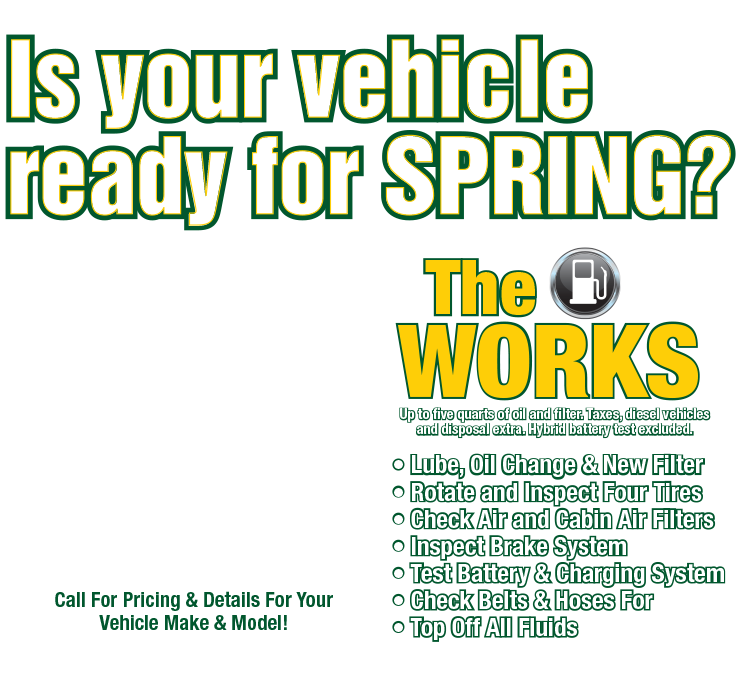H20 No! (Driving Through Standing Water)
February 7, 2021
In a year marked by unusually heavy flooding in North America, drivers are very aware of the possibility they may find themselves driving where water has come over the road. It can be a daunting and frightening situation. Flooding waters can move quickly and unpredictably, so you have to keep your wits about you when you encounter that situation.
Here a sample of one vehicle manufacturer's guidelines on what to do. First, the vehicle is designed to go through some water, but you must be careful. Never attempt to drive through water deeper than the bottom of your tires.
You can get out of your vehicle to check the depth of the water, but you can never be sure that you aren't going to drive into a spot where the road has washed away. You can't see below the surface of the water, and suddenly you could find yourself in a place where the road drops off unexpectedly. In swift moving storm runoff, your vehicle could literally be floating away with the current, putting your life and those of your passengers in mortal danger.
Never go more than 5mph/8 km/hr when you drive through standing water. That minimizes the waves you create. If you DO find yourself in water that is touching your drivetrain components, that water can damage them. And if you get water in your engine, it can lock up in seconds and stall. The potential damage can be catastrophic.
You may have found yourself driving in water deep enough to reach your drivetrain components, and it's essential that you have a technician check the fluids to make sure they haven't been contaminated. That includes engine oil, transmission and axle. Driving with fluids contaminated with water can severely damage those components.
The bottom line is to avoid driving through water at all if you possibly can. Check your vehicle's owner's manual to see if there are specific guidelines for driving YOUR vehicle in standing water. It's information that could save your life.
Auto Lab Livonia
36251 Five Miles Rd
Livonia, MI 48154
734-432-6000
http://www.autolablivonia.com
Need Service?
More articles from Auto Lab Livonia

Lubricate Driveshaft
April 20, 2025
See if any of these are happening to your vehicle. You feel it vibrating excessively underneath when its running, or you hear strange clunking, grating, or grinding sounds coming from beneath. Maybe its hard to turn your vehicle, or you can hear squeaking when youre going slow. Perhaps you fee... More

Rubber Match (Tire Replacement)
April 13, 2025
A set of new tires isn't probably high on anyone's list of exciting purchases. But since your life is literally riding on them, it's probably a good idea to know when it's time for you to buy new ones. If you've been feeling your vehicle slipping more in wet weather or it takes a longer distance... More

Differential Essential (Differential Fluid Exchange)
April 6, 2025
What's the dif? To an automotive technician, it's the differential, a part of your vehicle that helps direct power from the engine to the wheels. The differential is a gearbox that enables the drive wheels to turn at different speeds (they do that when you turn). Inside the differential is a f... More










